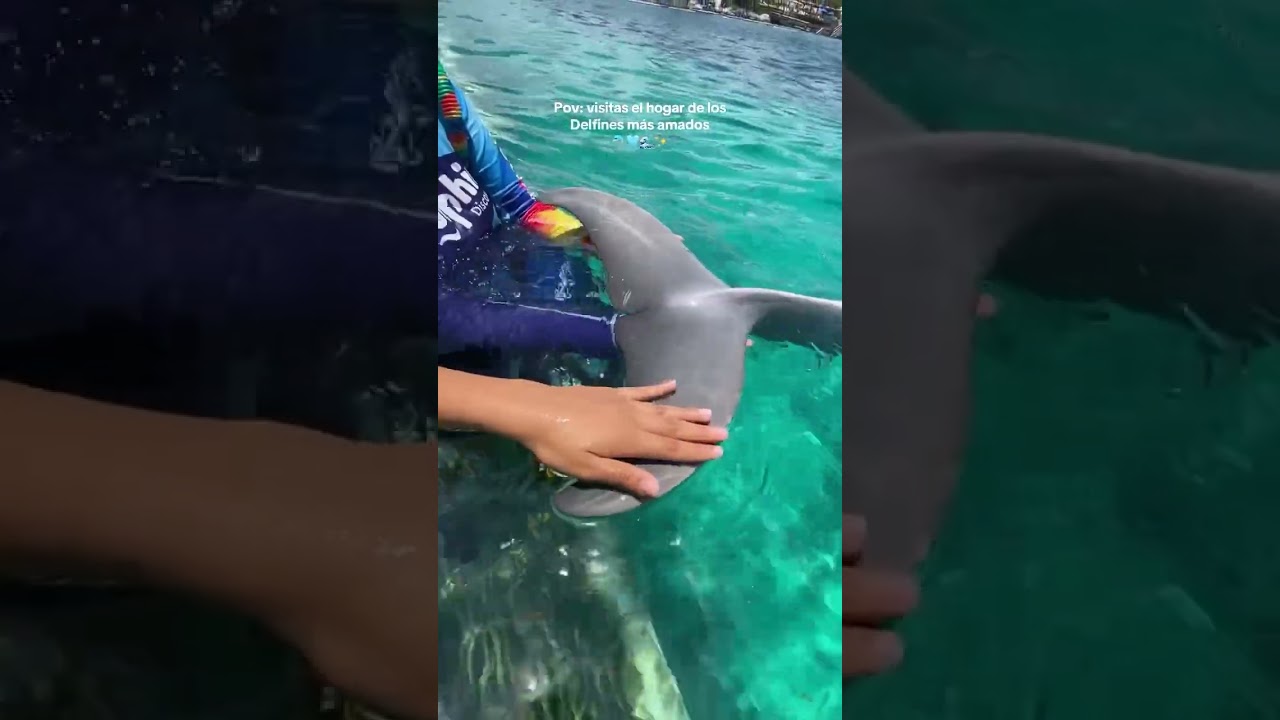- Importance of dolphin conservation and the initiatives to protect them.
- Understanding the behavior and intelligence of dolphins in human care.
- Challenges in managing dolphin habitats in modern zoos and aquariums.
- Ethical considerations and public perception of dolphin exhibits.
- The role of educational outreach in enhancing conservation efforts.
Dolphin conservation is a critical area of concern, drawing interest from zoologists, marine biologists, conservationists, and the general public. Organizations globally engage in various efforts to protect dolphins, which are some of the most beloved marine mammals. Dolphins face numerous threats, including habitat loss, pollution, and entanglement in fishing nets. Conservation initiatives often involve collaborative efforts at the international level, emphasizing research, monitoring, and community engagement to foster sustainable practices that benefit dolphin populations in the wild.
Behavioral studies have revealed that dolphins possess remarkable intelligence and complex social structures. Known for their problem-solving abilities and sophisticated communication skills, dolphins engage in intricate social behaviors that often mirror those of humans. This cognitive capability makes them fascinating subjects for study and accentuates the importance of their preservation. In managed care environments, such as zoos and aquariums, understanding dolphin behavior is crucial to providing enriching habitats that cater to their cognitive and physical needs.
Managing dolphin habitats in modern zoological settings involves creating environments that allow these marine mammals to thrive, mirroring their natural conditions as closely as possible. This task presents challenges, such as replicating the expansive range of a dolphin’s natural environment and providing adequate social structures. Institutions aim to design exhibits that cater to physical health and behavioral enrichment, encouraging natural behaviors such as foraging and play. Additionally, appropriate water quality and veterinary care are vital components of successful habitat management.
The ethical considerations associated with housing dolphins in zoos and aquariums often spark debate. Public perception varies, with some advocating for the educational and conservation benefits these exhibits provide, while others raise concerns about animal welfare and captivity. Zoos and aquariums address these considerations by prioritizing animal care, conservation, and educational outreach to highlight the importance of protecting these species in their natural habitats.
Educational programs play a pivotal role in raising awareness about dolphin conservation. By engaging with guests and offering educational content, zoological institutions can effectively communicate the significance of marine life preservation. These programs often incorporate interactive elements, audiovisual media, and live demonstrations that captivate audiences and inspire action towards conservation. As stewards of marine life, zoos and aquariums hold the responsibility to promote understanding and appreciation of dolphins and the broader marine ecosystem.
Este es el hogar de los Delfines más amados exemplifies these themes, drawing attention to the complex interplay of conservation, education, and ethical animal management. Through its initiatives and exhibits, it aims to inspire a commitment to environmental stewardship and the protection of dolphins globally.
*****
Source Description
Una experiencia inolvidable. ✨💙 ¿Estas listo para hacer realidad tu sueño?🐬
This is the home of the most loved Dolphins. An unforgettable experience. ✨💙 Are you ready to make your dream come true?
#dolphindiscovery #dolphins #experienceofalifetime #dreamcometrue #marinemammals


